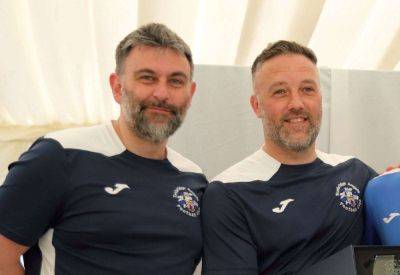'I was fit and healthy - I never thought it would happen to me'
When Keanan Reeve suddenly woke one night to severe chest pains, he believed he was having a heart attack.
But the student thought that was impossible given he was a fit and healthy 20-years-old who was training for a marathon.
Ignoring his symptoms, Keanan tried to go back to sleep. His pain had gone by the next morning and he continued with his day like normal.
READ MORE: 'I always struggled keeping friends. A moment at the Euros made me realise why'
But during a run that evening, the chest pains returned, seeing him hunch over on the pavement in agony.
Having always been someone who “doesn’t want to make a fuss,” Keanan, now 21, walked home and tried to sleep the pain off again.
Seeing the state he was in, his University of Manchester housemates persuaded him to go to A&E where he was taken straight to the resuscitation area.
Blood tests Keanan’s levels were dangerously high and doctors believed he had likely suffered a heart attack.
But six days into his hospital stay, it was revealed he actually had myocarditis and pericarditis. Myocarditis is inflammation of the heart muscle and pericarditis is inflammation of the outer lining of the heart.
The MRI scan had also picked up atrial septal defect, a type of congenital heart disease that had caused a large hole to form in the septum.
Following six long months of no exercise and other restrictions, Keanan went ahead and had surgery to fix the defect in his heart.
Once the procedure was completed, his health appeared to return to normal until he began suffering severe palpitations and an irregular heartbeat four weeks later.
He later learned his heart was in atrial fibrillation, a condition that causes an irregular and often abnormally fast heart rate. While not








